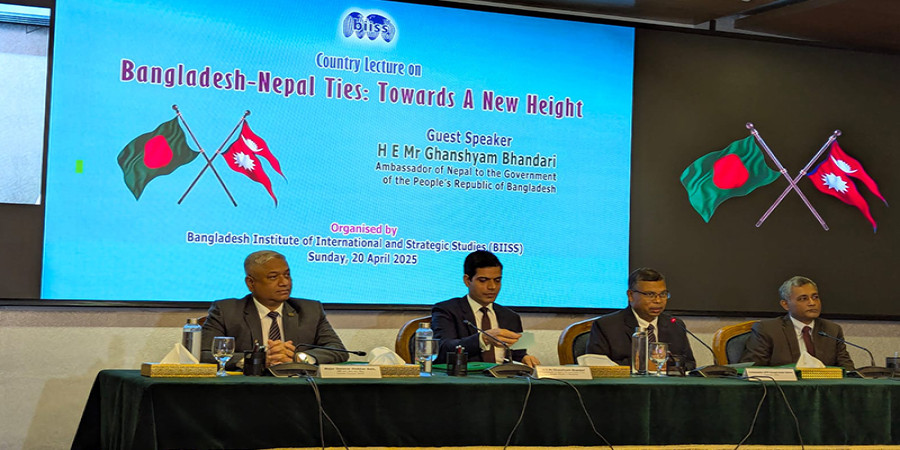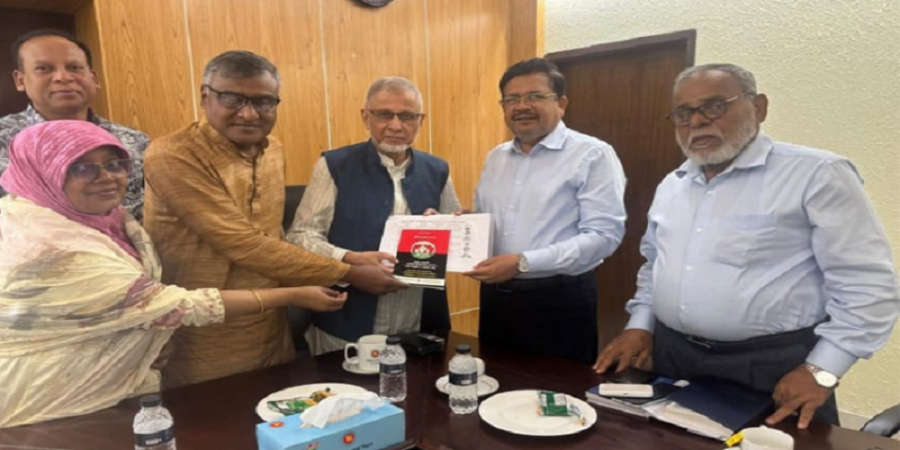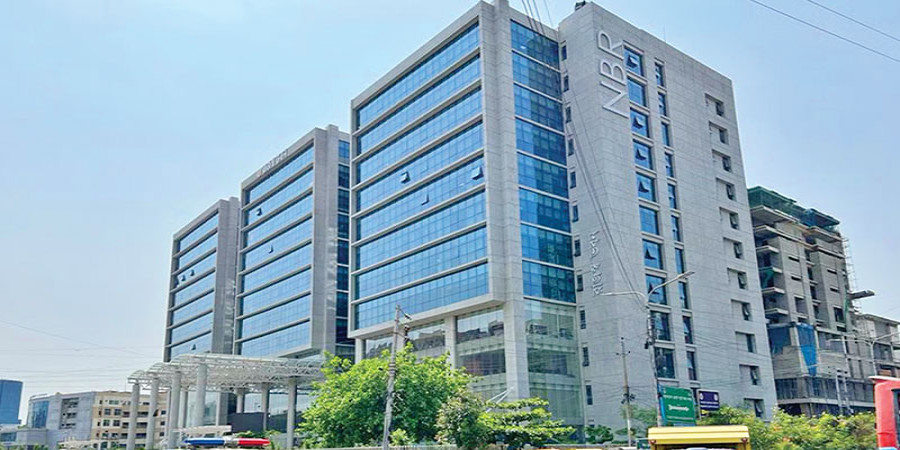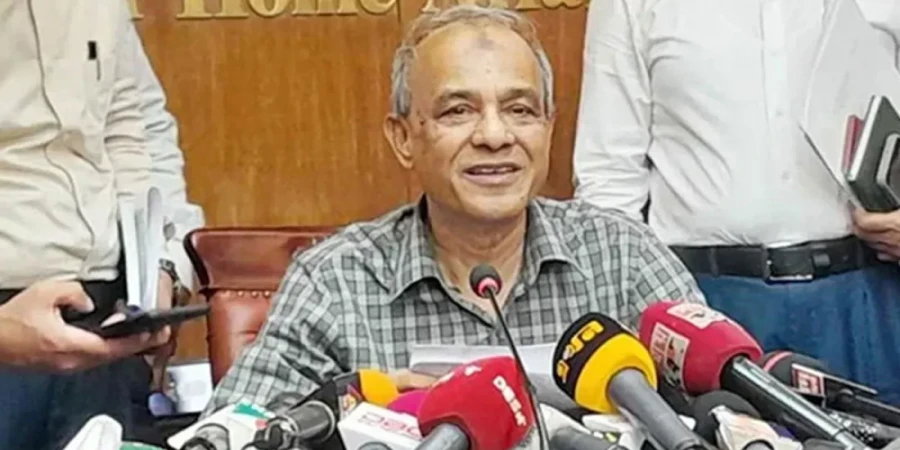
ছবি: Photo: Collected
Nepal’s Ambassador to Bangladesh, Ghanshyam Bhandari, stated that advancing the South Asian Association for Regional Cooperation (SAARC) will not be possible without the consensus of its member states. He noted that since the last SAARC Summit held in Kathmandu in 2014, Nepal has served as the chair of the organization. Despite several efforts made by SAARC’s technical committees, no tangible progress has been achieved at the political level. As such, without mutual agreement among member countries, it is not feasible to proceed with SAARC summits, ministerial meetings, or discussions at other levels.
He made these remarks on Sunday, April 20, during a seminar organized by the Bangladesh Institute of International and Strategic Studies (BIISS), titled “Bangladesh-Nepal Bond: A New Height of Cooperation.”
Ambassador Bhandari affirmed that both Bangladesh and Nepal share a similar position regarding the advancement of SAARC. He acknowledged that the regional platform cannot move forward unless all its members collectively support the process.
During his speech, the ambassador highlighted that Bangladesh and Nepal are set to graduate from the group of Least Developed Countries (LDCs) in 2026. This transition will bring new economic and trade-related challenges for both nations. Given their close geographical, historical, cultural, and economic ties, the ambassador emphasized the need for collaborative efforts between the two countries to tackle the upcoming challenges.
He described the Nepal-Bangladesh friendship as one rooted in mutual trust and support, noting that such a relationship cannot be measured by statistics alone. There remains significant potential for economic cooperation between the two countries, and both governments are actively working to further strengthen their ties.
Ambassador Bhandari stated that in times of crisis, the people of Bangladesh and Nepal have always considered each other important friends. He referred to several instances of solidarity, including Bangladesh’s Liberation War, Nepal’s devastating earthquake in 2015, and the recent COVID-19 pandemic, during which both nations supported one another. He added that migrant workers from both countries often face similar challenges, especially in the Middle East, and this issue is being discussed in regional, bilateral, and multilateral forums.
Regarding trade and energy, the ambassador pointed out that landlocked Nepal can benefit from using Bangladeshi ports for international trade. Similarly, Bangladesh could address its growing energy demands by importing renewable hydropower from Nepal. In recent years, there has been notable progress in bilateral trade, connectivity, energy cooperation, and people-to-people engagement between the two nations. This growing partnership holds considerable potential for mutual development and broader regional integration.
The seminar was chaired by BIISS Chairman A. F. M. Gausul Azam Sarkar and featured additional speakers, including Dr. Niloy Ranjan Biswas, Professor of International Relations at Dhaka University, and BIISS Director General Major General Iftekhar Anis, among others.
repoter






